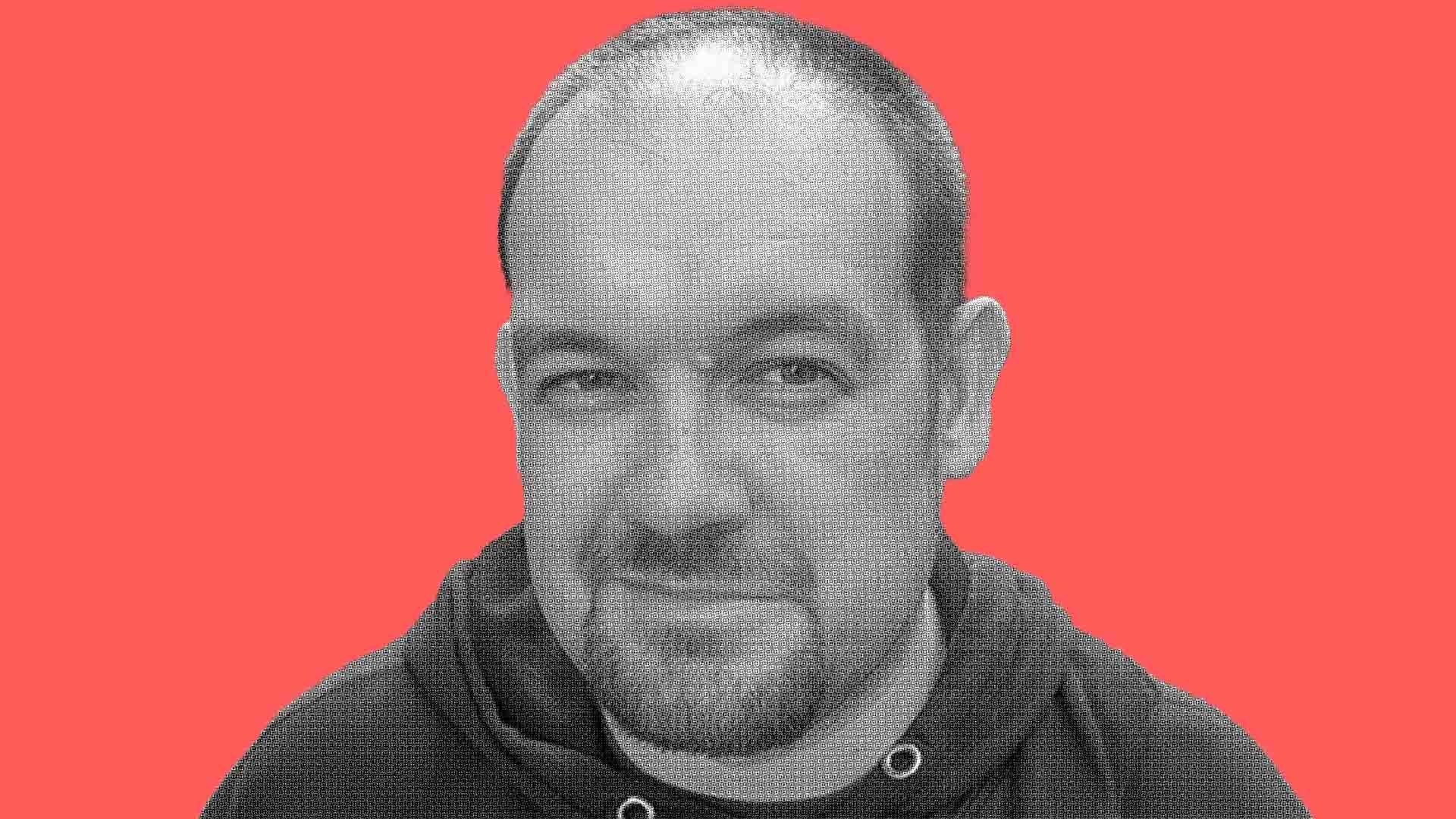
A discussion with Laurence Boyce, Director of our Live-Action Programme.
How many films applied to the PÖFF Shorts competition program this year, and is it a record number?
We had over 5500 films submitted this year, much on a par with our record breaking previous year. It’s great to see so many people wanting to submit though it can feel a bit overwhelming at points!
You have promised to offer a radically innovative level in this year's short film program. How would you briefly summarize the prevailing trends in this year's selection?
While all kinds of films reflect the world around us, short films can often feel more immediate. With funding and preparation sometimes meaning that a feature can take a while before it’s produced, shorts can often be shot and made much more quickly. Thus they have a sense of the zeitgeist and the films deal with many of the prevailing issues: war, the fear of obsolescence, sexual and identity politics and all the other things that are of so much important. But they also deal with the issues we’ve all dealt with throughout history – love, death and lust amongst many other things. I think their strength is that allows us to see different parts of the world, different viewpoints but they also have a universality and a common connection that shows we are not as different as we think.
What boundaries are this year's short films breaking?
By their very nature shorts break boundaries – we get used to narrative being a certain amount of length but to tell a story in 1, 5 or 20 mins is a skill and an art in itself. Things can be done in a short that can’t be done in a feature: we can examine ‘little earthquakes’, which are the tiny moments in life which has seismic changes on our futures. We can tell jokes without having to wait 90 mins for a punchline. We can be experimental and eschew narrative and play with imagery in a way that might be overwhelming if it were a feature. All these different ways of telling stories and showing different perspectives on the world are indeed radical.
Also, with it harder to make money out of short films they are often done with pure artistic desire behind them – perhaps a radical idea in today’s capitalistic orientated society.
A short film can be compared to a sprint. What muscles and reflexes must a short film judge have developed?
While any athletes train to improve themselves, the greats seem to have a natural spark, an innate talent that makes them good at what they do: training only accentuates their natural gifts. I think that there’s an innate sense of what makes a good film within a great programmer, and understanding what the audience would like to see whilst also giving an audience an opportunity to discover things that they may have never experienced before. I think we also have an understanding of HOW to put short films together. Unlike features, shorts are presented as part of package. Like doing a DJ set, we know how to put films so they speak to each other but also get their best chance to shine. But really: a short film judge must love the medium. Which we all do…